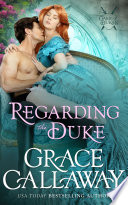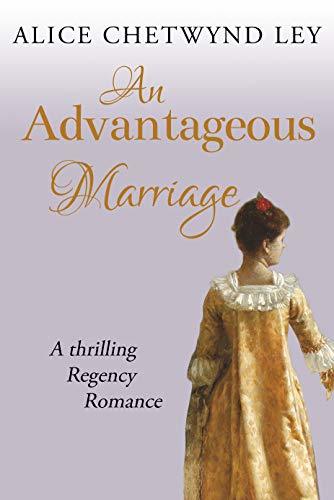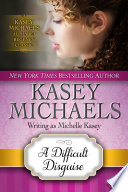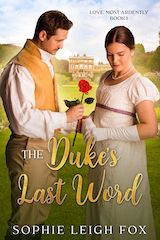Regency Reader Question
Is it possible for a vicar’s widow, without any family to support her to become a governess?
| Source of Question | Research |
| Additional comments | Thinking of using this premise for a Regency Romance book. |
Thanks for the question, Peg, and for being a Regency Reader!
Yes, it was possible that a vicar’s widow, without family or means, might turn to employment like being a governess to support herself. It was possible and did happen.
Behrendt’s (2005) article features many Victorian era novels or stories that feature widows seeking their own fortunes. This includes the wives and children of clergy. He highlights that it was a delicate decision for a woman to select the means to earn income and depended on her qualifications, prospects, and family situation.
Brandon (2011) in her book Governess: The Lives and Times of the Real Jane Eyres cites the statistic in the introduction that by the 1851 census, 2% (25,000) of unmarried women list their occupation as governess. Its statistically likely that some were widows, including vicar’s wives.
Brandon’s book stresses the isolation, difficulties, and unenviable task of governessing which was often a less attractive option than, for instance, learning a trade that would allow for more freedom; “Virtually everyone who wrote about governessing portrayed it as hateful”, she writes (Brandon, 2011, pg. 4). In this sense, it was often an option of last resort for a genteel woman with little other option for survival; the most common options for middle and upper class women for work were as governess or companion, but both were “awful” (Järvinen, p.27).
I think Brandon’s point is what makes the governess such an interesting subject for gothic horror novels that became popular in the Victorian era.
In fact, much of the data and thinking about governesses is from the Victorian era. Regina Jeffers has a four part series on governesses in the Regency era and we also posted an overview many years ago about the governess as an occupation. I explored some of the inherent pressures and conflicts a governess would have been under that I think would make for interesting conflict within a novel.
Your biggest challenge will be in figuring why she is left with no other means, including the charity of others, to depend upon. While there were no pensions or broad reliefs for widows until 1834 (and even that was scant) depending on her husband’s income (check out this article for a breakdown) a vicar likely would have been able to amass some savings. It would have also been expected that his family (since she had none) would take care of his widow.
Did he die in scandal and the church/parish/family wished to distance themselves completely from his memory (including his widow)? Was she accused of his murder, making her need to flee and hide out as a governess? Or was it a hasty marriage and he was disowned by his family?
Hope this answers your question. Best of luck with the book!
References:
Behrendt, Stephen. (2005). Women without Men: Barbara Hofland and the Economics of Widowhood. Eighteenth-Century Fiction. 17. 481-508. 10.1353/ecf.2005.0039.
Brandon, R. (2011). Governess: The Lives and Times of the Real Jane Eyres. United States: Bloomsbury Publishing.
Chused, R. (1982) Married Women’s Property Law: 1800-1850 Retrieved: Married Women’s Property Law: 1800-1850 (nyls.edu)
Cortés Granell, S. (2017). The Unacknowledged Nineteenth Century Woman: The Portrayal of the Governess in Victorian Literature.
Curran, C. (1993). Private Women, Public Needs: Middle-Class Widows in Victorian England. Albion: A Quarterly Journal Concerned with British Studies, 25(2), 217-236. doi:10.2307/4051453
Frans Van Poppel. (1995). Widows, Widowers and Remarriage in Nineteenth-Century Netherlands. Population Studies, 49(3), 421-441. Retrieved August 4, 2021, from http://www.jstor.org/stable/2175256
Jalland, P. (1996-11-07). Death in the Victorian Family. : Oxford University Press. Retrieved 4 Aug. 2021, from https://oxford.universitypressscholarship.com/view/10.1093/acprof:oso/9780198201885.001.0001/acprof-9780198201885.
Järvinen, T. The Victorian Governess. http://w.austenaio.net/asiakirjat/the_victorian_governess.doc
Dowagers and Widows in 19th C. England | Jane Austen’s World (janeaustensworld.com)
The Real Widows of the 19th Century Revealed | Perspectives on History | AHA (historians.org)
You can ask us your Regency related question here.









